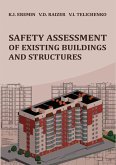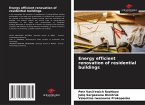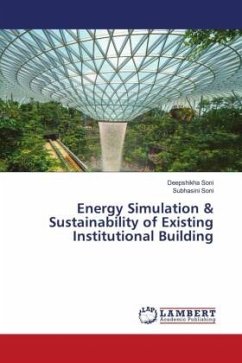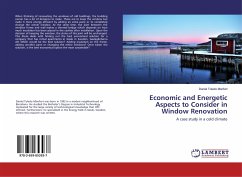The project focuses on developing strategies for interventions of sustainable renovation, with the awareness that re-using existing buildings allows to reduce the impact on the environment and also to maintain our cultural sources and ecosystems. For this reason it is fundamental operate on existing buildings reducing waste production, by using the strategies of the design for de-construction and the reversible design. To do this, LCA is the best method, because it allows measuring objectively the buildings impact and the environmental benefits of renovations and also it can help in defining the most appropriate materials. This work presents the analysis of the restoration projects of two industrial buildings in a sustainability perspective. Industrial buildings were chosen as case studies because of their big sizes, good accessibility, flexible internal partitions and large pertinence areas, features which make them good candidate for rehabilitation. The focus point of the work is how to convert this existing estate in a sustainable way, in order to reduce the need for new constructions and optimize the intrinsic qualities of forsaken industrial spaces.
Bitte wählen Sie Ihr Anliegen aus.
Rechnungen
Retourenschein anfordern
Bestellstatus
Storno

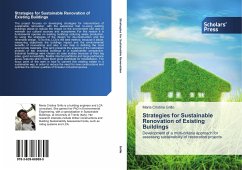
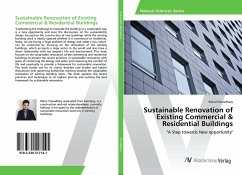
![Greening Existing Buildings [GEB] Strategies- a quick review Greening Existing Buildings [GEB] Strategies- a quick review](https://bilder.buecher.de/produkte/52/52398/52398793n.jpg)

